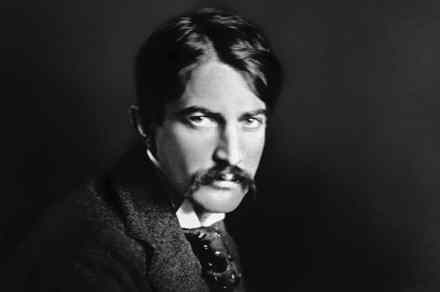Another mistress for Victor Hugo: Célina, by Catherine Axelrad, reviewed
Recently I visited Hauteville House, Victor Hugo’s home on Guernsey, now magnificently restored, where he spent 15 years of exile in opposition to the autocratic regime of Napoleon III. His third-floor eyrie, a crystal cage with walls and ceilings of plate glass, resembles a greenhouse. Hugo wrote there, standing at a small, flat-topped desk, gazing out across the water at the distant coastline of France. He slept in one of two adjacent attic rooms. In the other slept a chambermaid, summoned by her master with a few light taps on the partition wall. Vulnerable but resilient, Célina accepts the two francs left under her pillow for a night of sexual






